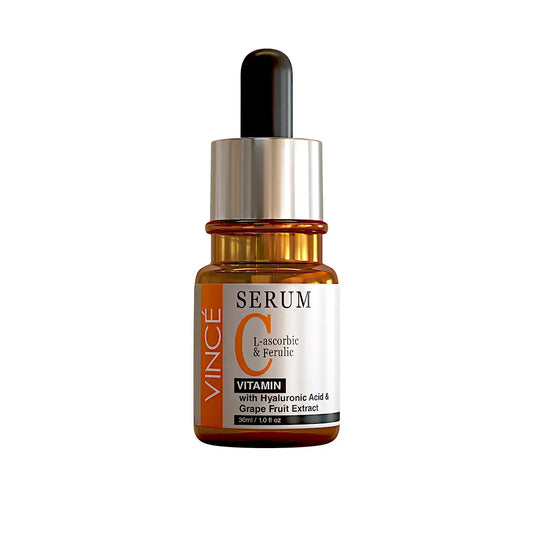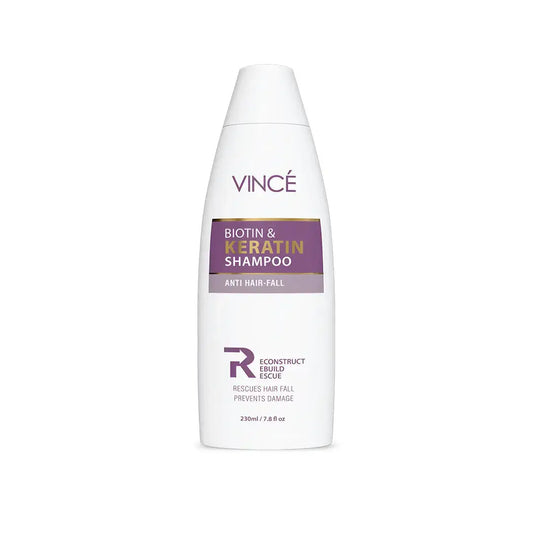How to Stop Peeling Skin after Sunburn

Peeling is a way of repairing the damaged cells of body. Peeling is harmless and helps heal but it can be itchy and painful. Skin peeling after sunburn is a common problem.
This article looks at some simple steps, people can try to prevent or stop peeling skin.
Peeling skin is a sign of the body's healing, but it can be itchy, irritating, and unsightly while it's happening.
So when your skin breaks out, it's best to let your body heal. Your skin will usually stop peeling after the sunburn heals, which takes about a week for mild to moderate burns.
In the name of finding relief, here are the best ways to treat peeling skin, along with simple steps you can take to prevent sunburn altogether.
How To Stop Peeling Skin After Sunburn?
You can try these methods to stop your skin from peeling.
- Aloe Vera And Moisturizer
- Take A Cool Bath
- Stay Hydrated
- Don't Exfoliate
- Avoid Irritation
- Keep It Covered
1. Aloe Vera And Moisturizer
Many people find aloe vera an effective moisturizer that helps soothe irritated skin. It is beneficial after sunburn when the skin feels hot and sore. Aloe vera gel helps in:
- Cooling skin.
- Reducing inflammation.
- Slowing or reducing the skin's peeling process.
Apply lotion gently with fingertips. Leave this lotion on top of the sunburn instead of rubbing it all over the skin. It will maximize the moisturizing effects and reduce irritation.

Sunburn can dry out the skin, and dry skin makes peeling worse. Anyone who wants to prevent skin from peeling after sunburn should apply a moisturizer.
Some moisturizers contain ingredients that are not suitable for sunburned skin. Those who are unsure should check with a pharmacist or doctor.
Creams and lotions containing aloe vera provide aloe vera and moisturizer benefits.
2. Take A Cool Bath
A gentle shower or bath (or even a cold one, if you can handle it) can help soothe the burn and prevent further peeling. Avoid scorching showers, which can further irritate and dry out your skin.

If you have blisters, avoid bathing and stick to bathing. The pressure of the shower water can pop your blisters and trigger more pain and irritation.
3. Stay Hydrated
Dehydration can make peeling and dryness worse. To hydrate your body from the inside out, drink plenty of water and limit caffeinated beverages, alcohol, and other diuretics. (And yes, sparkling water is hydrating.)

4. Don't Exfoliate
Clearing this peeling skin is not a big deal. Exfoliating could be better when your skin is already flaky, as you'll expose more redness.
Instead, towels dry your skin when you get out of the shower and moisturize regularly.
5. Avoid Irritation
Avoid anything that can irritate the irritation. Irritation interferes with the healing process and increases damage from burns.
Avoid the following sources of irritation for sunburn:
- Too hot or cold water
- To Scratch
- Vigorous rubbing or scrubbing
Staying out of the sun for a while can prevent the burn from worsening.
6. Keep It Covered
Protect your exposed skin from further damage by covering it with clothing or applying a skinny layer of sunscreen with an SPF of 45 or higher.
Certain topical ingredients can help reduce inflammation from skin rashes. Here are some natural and OTC options:
- Aloe Vera: Aloe Vera is known to soothe irritated skin and can be especially beneficial after sunburn. Applying an Aloe Vera-based cream or gel can cool your skin, reduce inflammation, and reduce or slow peeling.
- Cortisone cream: An OTC can help relieve irritation, redness, swelling, or pain.
- Aspirin powder: If you're not allergic to aspirin, some people swear by crushing a few aspirin tablets into a fine powder to kill inflammation. Mix the powder with a splash of water until it forms a goopy paste. Apply it on the affected areas, let it dry, and wash it off with lukewarm water. (Try a patch test first to be safe.)
Do not use oil or petroleum-based creams such as Vaseline. These formulas trap heat and can make peeling and irritation worse.

Our skin is a complex but delicate organ. It consists of many layers to protect our bodies from external environmental pressures or microorganisms. To keep our skin healthy and functioning normally, our skin is equipped with a barrier layer or what is commonly called a skin barrier.
If you wanna know your skin damage then these are the causes of damage skin barrier.
The best way to prevent sunburn is to avoid sunburn in the first place. Here are some more tips to prevent sunburn:
- Wear sunscreen: You've heard it a million times, but you should always wear sunscreen to protect your skin.
- Limit sun exposure: Since the sun is strongest in the afternoon, try to get your rays in the morning and evening and avoid the most damaging rays between 10 am and 4 pm.
- Cover up yourself: Tank tops and bathing suits have their place, but when the sun is shining, you should cover-up. Sun hats and light cotton and linen clothes are your friends.
The best thing to do now applies aloe or another moisturizing cream ASAP. It can help hydrate your skin before it starts peeling.
- Take a cold shower:A cool shower immediately after sun exposure can help dissipate the heat.
- Do a patch test: Before trying a new skincare product, do patch tests to help prevent unexpected irritation. Harsh ingredients like retinol, hyaluronic acid, and vitamin C can take some time for the skin to get used to.
Applying the product at a lower concentration once or twice a week can help improve your complexion.
Consult a dermatologist if you still need to determine what is best for your skin.
What Causes Peeling Skin?
Skin peeling is usually caused by sunburn and is a sign that the sun's rays have damaged the top layer of your skin.
But there are other (often less common) causes of skin peeling, such as:
- An immune system disorder
- A viral, bacterial, or fungal infection
- Dry skin
- Frequent hand-washing
- Friction
- keratolysis exfoliativa (a skin condition that causes peeling on the palms of the hands or soles of the feet)
- Rare skin disorders such as acral peeling skin syndrome and exfoliative dermatitis (peeling of the skin all over your body that usually requires hospitalization)
- Allergic reactions
- Skin sensitivity to products such as retinol or vitamin C
If you're experiencing skin rashes that weren't the result of sun exposure, talk to a doctor before trying home remedies.
How Long Does Peeling Last?
In most cases, your skin will peel about three days after the burn. The peeling usually stops when the burn has healed for about seven days for mild burns.
It's essential to monitor your sunburn for signs of severe irritation, including:
- Blisters or peeling on large parts of your body, such as the entire back
- Fever or chills
- Feeling upset or confused
- Sunburn of this severity requires medical attention.
Conclusion
A sunburn can cause redness, swelling, pain, and peeling in more severe cases. Peeling after sunburn is a natural part of the healing process. There are ways to minimize it or prevent it altogether.
However, the only way to prevent fire is to avoid sunburn. If the pain is severe or sunburn accompanies the illness, consult a doctor.
FAQs
1. Why Does Skin Start To Peel?
Dry, flaky skin is usually a sign of sunburn damage to the top layer of your skin (epidermis).
If your skin rash isn't caused by sunburn, talk to your healthcare provider before trying home remedies.
If your skin has started to peel after sunburn, there are things you can do to prevent it from getting worse. As tempting as it is, don't pull on your peeling skin. Instead, let it eliminate your body on its own.
2. Can Sunburn Peeling Make You Sick?
A more serious condition called sun poisoning can also occur. Severe sunburn can cause skin blisters, flu-like symptoms, and dehydration.
3. What Stage Of Sunburn Is Peeling?
After you get a burn, the skin will usually start to peel after about three days. Once the peeling begins, it can last for several days. Usually, the peeling will stop when the skin is completely healed.



